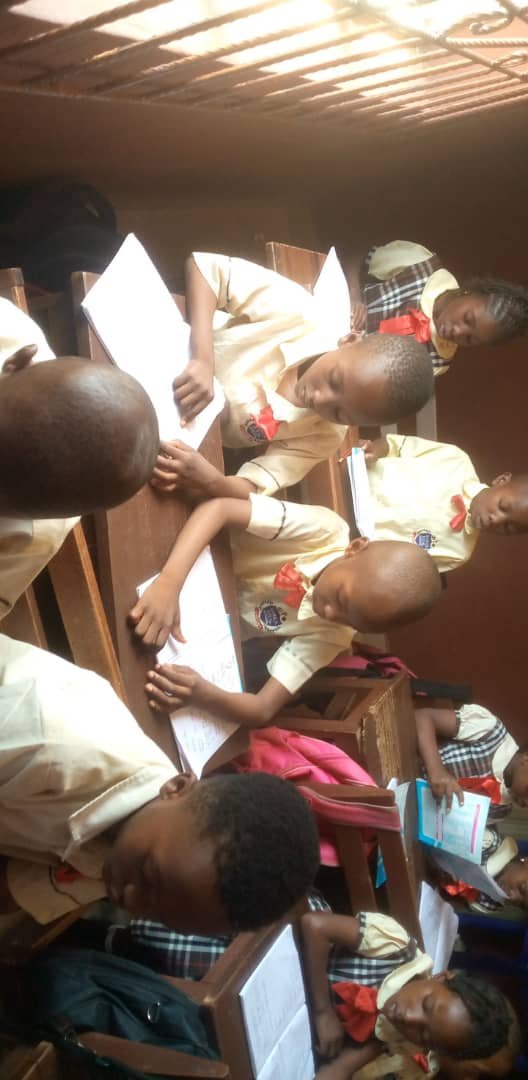AI has expanded tremendously in the last few years and is playing an increasingly important role in people's lives. Writing, cooking, designing and driving cars (or asking questions) are just a few activities that it could perform. But while AI can make life easier, we need to think carefully about which jobs it should take and which it shouldn’t. If artificial intelligence (AI) evolves to take over too many activities, a large portion of the population will be jobless and at a loss as to the next step to take. This is an actual problem, and it should be solved.

One job AI can take over is factory work. Most factories are already employing machines to manufacture the cars, phones, or tees much faster and more effectively than humans can. This type of work is little creative and less emotional. AI does not get tired, it can work 24/7, so, it is economical for corporations. For example, hazardous work environment can be faced by factory workers and with the use of AI in there it can help to save lives. But we have the duty to make sure that people losing their jobs through these layoffs are offered, say, training in new jobs.

On the other hand there are some professions that have no chance to be substituted by AI (e.g., teaching). Teachers are not only designing lessons but also supporting students. They watch the moments when they are down or doing poorly and they work out how best to help. There can be information and even be answering questions by AI, but AI will never feel or empathize with emotion. Imagine a child who is bullied or has a family problem—would a robot understand how to comfort them? No, because AI doesn’t have a heart. My colleague used to say that teaching can be done by AI, but I do not agree. Teaching is not only a matter of books and tests, but about creation of rapport and direction of young people with love and concern.
Another job AI shouldn’t take is caregiving. Nurses, physicians, and home care practitioners to the elderly frailment will need tolerance and empathy. These individuals assist you when you are frightened, you are sad, you are lonely and reach out to you when you are in need of a friend. AI could assist them in doing such tasks as prompting patients to take their medication or quickly diagnose a disease etc, but, it has no substitute for the human factor.
We also need to protect creative jobs. All artists, writers, musicians and chefs express beauty by putting their emotions into their work. AI can reproduce styles or novel designs, but it remains unpersonalized. Reading a book or a piece of music is unique because it is lived by a spirit. When and if artificial intelligence is implemented to replace current job functions, and art will be devoid of its humanity and its almost sacred warmth.
AI should stick to jobs that are repetitive, dangerous, or purely logical. Tasks as diverse as data structuring, data mining or even driving buses can now be carried out by artificial intelligence. But in occupations that demand love, compassion, or creativity it shall remain the man who is in control. We need to work out a balance where AI aids us, but doesn't replace us, so that all get a chance to work and feel respected. This way, technology and humanity can grow together.
This entry is in response to the #januaryinleo prompt organized by @leogrowth community and my response to day 8 of the prompts.
Images are mine and taken with my techno GO 2020
Posted Using INLEO
There are so many works not only factory work but good points
Thanks